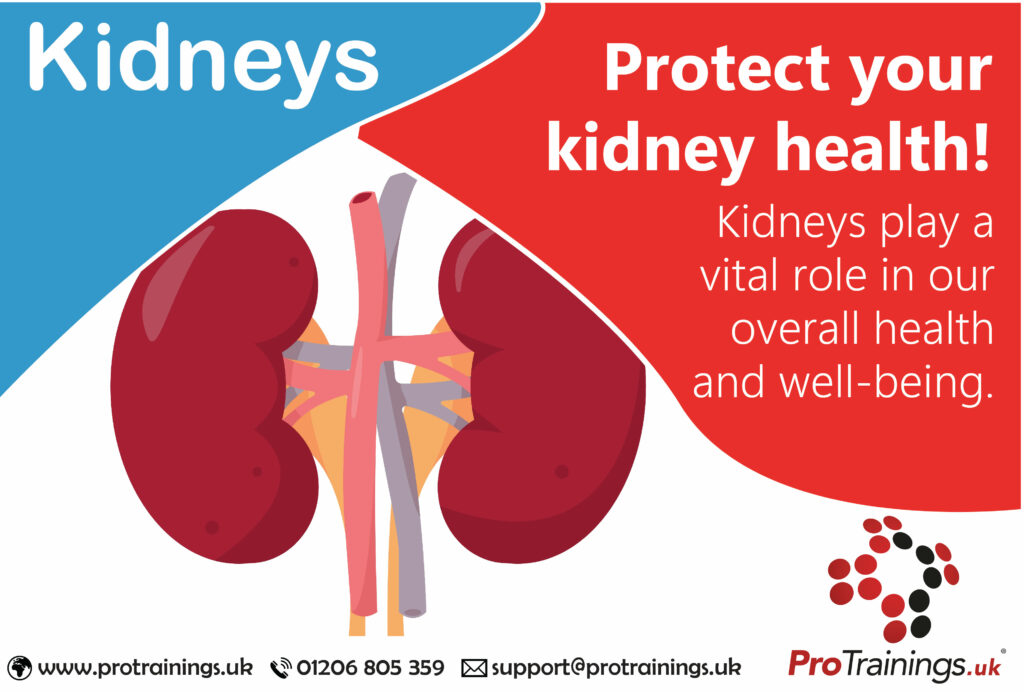The human kidneys are two small, bean-shaped organs that play a vital role in keeping our bodies healthy and functioning properly. They are responsible for filtering waste and excess fluid from the blood, producing hormones that regulate blood pressure and red blood cell production, and maintaining the balance of electrolytes and other important substances in the body.
Despite their small size, the kidneys are incredibly efficient at what they do. Every day, they get rid of between 1 and 1-and-a-half litres of urine per day, and filter 200 litres of fluid. This process helps to keep the body free from harmful toxins and maintain a healthy balance of fluids and electrolytes.
While there is no cure for CKD, there are several treatment options available to help manage the condition and slow its progression. These may include lifestyle changes like diet and exercise, medication to control blood pressure and other factors that can contribute to kidney damage, and in some cases, dialysis, or kidney transplant.
Despite the challenges posed by CKD, many people with the condition are able to lead full and productive lives with the help of proper treatment and care. With advances in medical research and technology, there is also hope for new and more effective treatments for CKD in the future.
In conclusion, the human kidneys are an amazing and complex organ that play a vital role in our overall health and well-being. By understanding the functions of the kidneys and the conditions that can affect them, we can take steps to protect our kidney health and get appropriate treatment if needed. With the right care and attention, we can all help to support the health of this essential organ and enjoy a long and healthy life.
